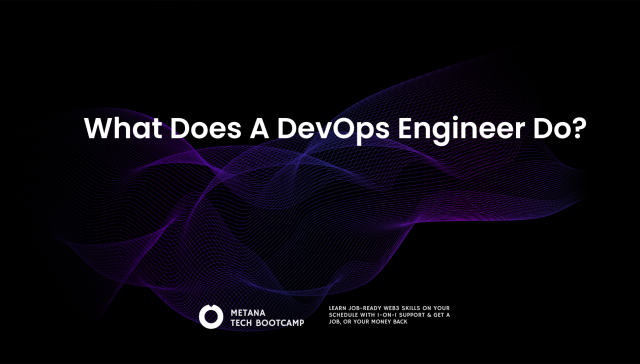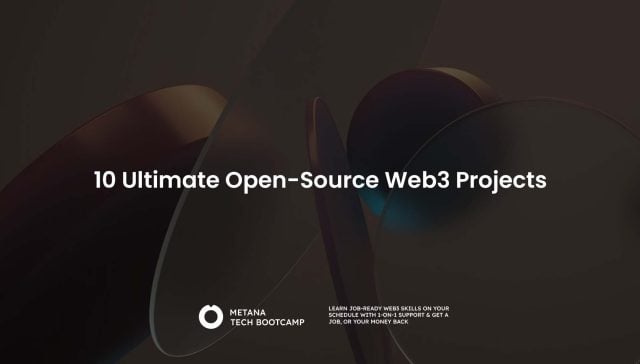Are you considering a career in full stack development? Do you find yourself wondering if it’s really as difficult as it seems? In this comprehensive guide, we will delve into the world of full stack development, explore its challenges, and provide you with practical steps to become a successful full stack developer. So, let’s dive in and answer the question, “Is full stack development hard?”
What is Full Stack Development?
Full stack development refers to the process of handling both front-end and back-end development. While front-end development deals with the user interface and visual aspects, back-end development focuses on server-side infrastructure, database management, and APIs. A full stack developer possesses knowledge and experience in both areas, making them versatile and capable of creating complete applications.
The Challenges of Full Stack Development
Now, let’s address the burning question: is full stack development hard? Well, the answer is not as straightforward as a simple yes or no. Like any skill, mastering full stack development requires dedication, time, and effort. However, it’s important to note that becoming a full stack developer doesn’t mean you have to be an expert in every single aspect of development. Many successful full stack developers specialize in either front-end or back-end development and collaborate with others to create comprehensive applications.
Overcoming the Challenges
- Professional Training Programs: Professional training and bootcamps offer targeted curriculums, combining theory with practical skills, and hands-on projects to prepare for real-world full stack development.
- Prior Programming Experience: Existing programming skills provide an edge, easing the learning curve for complex development concepts. Beginners can start with basics and progressively build up their skills.
- Continuous Learning: Stay relevant in the ever-evolving tech industry through continuous learning. Keep up with new technologies, languages, and frameworks via online courses, tutorials, and industry events.
- Collaboration and Networking: Engage with the development community through collaborative projects and networking. Join forums, contribute to open-source projects, and participate in hackathons to learn from peers and stay updated.
- Hands-on Practice: Practical experience is crucial. Apply your knowledge through building projects, experimenting with code, and solving real-world problems to solidify your skills and enhance your portfolio.
The Benefits of Full Stack Development
While full stack development may have its challenges, it also offers numerous benefits. Let’s explore some of the advantages of pursuing a career in full stack development:
- Versatility: Full stack developers have a broad skill set and can handle both front-end and back-end development tasks.
- Diverse Career Opportunities: Full stack development opens doors to various career paths, including data science, cybersecurity, and machine learning.
- Entrepreneurial Opportunities: With full stack development skills, you can build your own web presence and handle the entire development process for your projects.
- High Demand: Full stack developers are in high demand, making it easier to find job opportunities and negotiate competitive salaries.

The Path to Becoming a Full Stack Developer
If you’re interested in pursuing a career in full stack development, here are the steps you can take to get started:
The journey to becoming a full-stack developer involves several key steps. First, set clear goals for why you want to learn full-stack development, whether it’s for a career change, skill enhancement, or starting your own business. Next, choose a learning path that suits your style and goals, like full-stack development bootcamps. Begin with mastering fundamental programming languages such as HTML/CSS and JavaScript, as they are essential for web development. Then, expand your skills to include other languages, frameworks, and tools, including back-end development languages and front-end frameworks.
Practical application is crucial, so build real-world projects to strengthen your learning and enhance your portfolio. Additionally, staying updated with the latest trends and continuously improving your skills is important in this rapidly evolving field. Finally, networking and collaborating with other developers can provide valuable learning opportunities and professional growth. For a more detailed guide on this process, make sure to check out our ‘Full Stack Developer Roadmap‘ article, where we dive deeper into each step and provide additional insights for aspiring full-stack developers.
Conclusion: Is Full Stack Development Hard?
While full stack development may present its challenges, it is an attainable and rewarding career path. With the right mindset, dedication, and continuous learning, you can become a successful full stack developer. By enrolling in professional training programs, leveraging prior programming experience, and embracing collaboration and practice, you can overcome the difficulties and unlock a world of opportunities in full stack development. So, take the plunge, embark on this exciting journey, and embrace the possibilities that full stack development has to offer.
“The only way to do great work is to love what you do.” – Steve Jobs

FAQs
What is full stack development?
- Full stack development involves working on both the front-end (client side) and back-end (server side) of web applications, requiring skills in HTML, CSS, JavaScript, and back-end languages like Python or Node.js.
How long does it take to become a full stack developer?
- Becoming a full stack developer typically takes several months to a few years, depending on the starting skill level, learning pace, and depth of knowledge desired.
Do full stack developers need to know both front-end and back-end?
- Full stack developers are expected to have knowledge of both front-end and back-end technologies, but they might specialize more in one area.
Can full stack development be self-taught?
- Yes, there are many online resources for self-learning, including tutorials and coding bootcamps, but it requires discipline, practice, and time.
What are essential languages for full stack developers?
- Important languages include HTML, CSS, JavaScript for front-end, and Python, Ruby, PHP, or JavaScript (Node.js) for back-end, along with SQL for database management.
Difference between full stack and front-end development?
- Front-end development focuses only on the client side using HTML, CSS, and JavaScript, while full stack development includes both front-end and back-end.
Should one specialize in front-end or back-end before full stack development?
- It depends on personal interests and career goals. Specializing in one area first can provide deep expertise before moving to full stack development.
Average salary for a full stack developer?
- Salaries vary widely based on location, experience, and expertise, with full stack developers generally earning competitive salaries.
Are full stack developers in high demand?
- Yes, their broad skill set and understanding of both client-side and server-side development make them highly sought after in many projects.
How to keep full stack development skills current?
- Continuous learning, staying updated with the latest technologies, participating in developer communities, and working on diverse projects are key.





